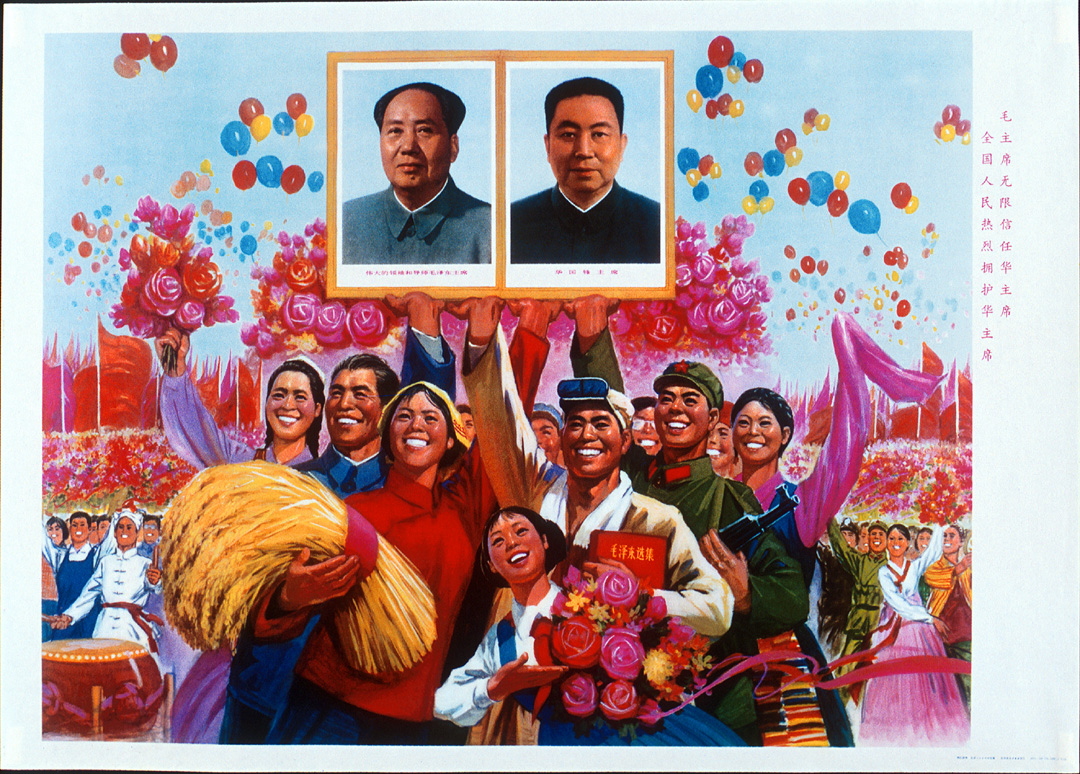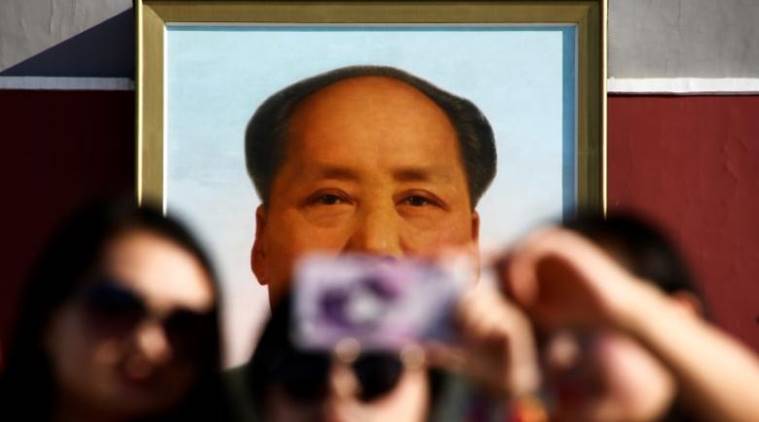
When Hua advocated continuing rigid, state-directed economic plans for the nation, he was outmaneuvered within the party by Deng Xiaoping, a brash economic reformer who, despite two purges, came back and solidified his power, effectively taking charge of the party by 1978. Shortly after he took charge, officials arrested Mao's wife and three others, known as the Gang of Four, and charged them with instigating the worst excesses of the Cultural Revolution. Although he was credited with helping bring an end to the violent decade of Cultural Revolution, in which millions were persecuted and the country's economy and social fabric was left in tatters, Hua's actions did not enhance his power. "With you in charge, my heart is at ease," the founder of communist China is said to have told Hua.īut Hua did not last for long in the top spot. Hua was Mao's choice to succeed him back in 1976, when Mao's health was failing and rivals vied for power. He died of an unspecified illness that could not be cured, the report said, providing no further details. Hua's death was announced in a brief segment during Wednesday's evening news on state-run television.

Now, before the Games are over, they are forced back into reality."

Hua's death, he added, "comes at a time when they are basking in the limelight and good fortunes of China's athletes, which have been a delightful escape in a very difficult year for this leadership. "Any time a leader dies, it's a moment of uncertainty and potential instability for the leadership here," said Russell Leigh Moses, a Beijing-based analyst of Chinese politics.

He was 87.Īlthough analysts say Hua was not an overtly popular figure and has lived outside the spotlight for decades, funeral arrangements could create a sensitive issue for the party's current leadership, especially since the world's attention is focused here on Beijing's hosting of the Olympic Games.Īt the same time, since most of the party's internal machinations are shrouded in secrecy, the death of a current or former leader often is seen as an opportunity for reflection and dissent about how the nation is run. BEIJING - Hua Guofeng, who succeeded Mao Zedong as China's Communist Party leader for a short period before being brushed aside by economic reformers 30 years ago, died in the Chinese capital Wednesday afternoon, state media reported.


 0 kommentar(er)
0 kommentar(er)
